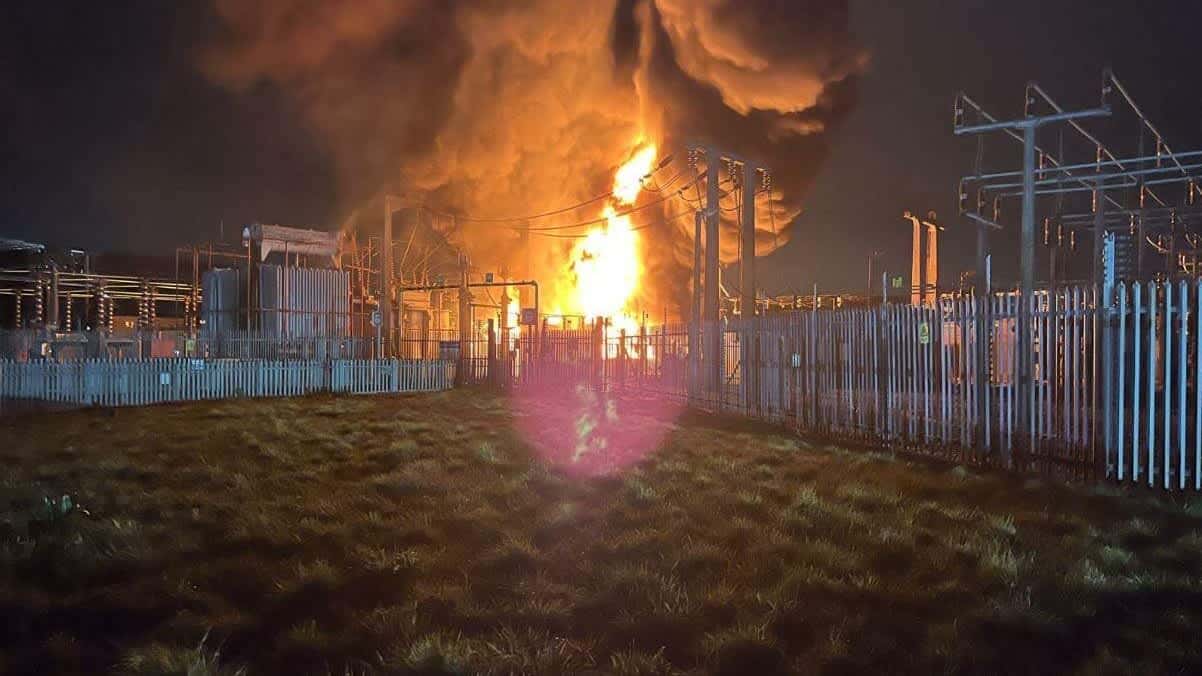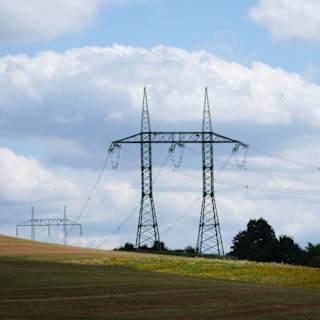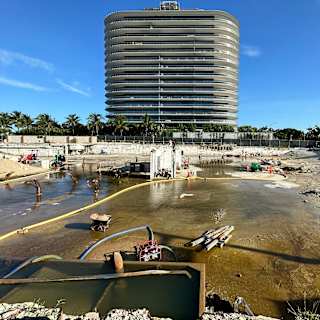- Grid Operator Blamed for Preventable Failure
- Airport Closure Disrupted Quarter Million Journeys
- Operators Trade Blame Over Infrastructure Gaps
A fire that forced the closure of Europe's busiest airport and stranded more than 200,000 passengers was caused by a technical fault that National Grid had known about for seven years but failed to fix, according to a damning report released Wednesday.
The National Energy System Operator found that moisture detected at the North Hyde electrical substation in July 2018 ultimately caused the transformer fire that shut down Heathrow Airport for 18 hours in March. The findings raise fresh questions about Britain's infrastructure resilience and have prompted a regulatory investigation into the nation's power grid operator.

The report detailed how "elevated moisture reading" in oil samples should have triggered immediate action under National Grid's own guidelines, which state such readings indicate "an imminent fault and that the bushing should be replaced"1. Instead, the issue went "unaddressed" for nearly seven years2.
According to the BBC, maintenance that could have prevented the fire was repeatedly deferred, including "basic maintenance" scheduled for 20221. The moisture eventually caused what investigators called a "catastrophic failure" in the transformer's high-voltage bushing, igniting oil and sparking the March 20 blaze2.
Energy Secretary Ed Miliband described the findings as "deeply concerning"3. Ofgem, the energy regulator, announced Wednesday it was launching an enforcement investigation into whether National Grid breached its license conditions4.
The substation fire knocked out power to critical systems across Heathrow, including terminal lighting, baggage systems, and security doors1. The airport's chief executive made the decision to close operations at 1:15 a.m. on March 21, affecting approximately 270,000 passenger journeys2.
More than 1,300 flights were cancelled or diverted during the shutdown3. Counterterrorism police initially investigated the incident amid heightened concerns about Russian sabotage across Europe, though authorities quickly ruled out foul play3.
Airlines faced estimated losses of £100 million, according to The Independent4. Heathrow's passenger numbers fell 7.5 percent in March compared to the previous year5.
Heathrow blamed "a combination of outdated regulation, inadequate safety mechanisms and National Grid's failure to maintain its infrastructure" for the outage1. The airport said it had classified a total power loss as a "high-impact, low-probability event"2.
A National Grid spokesperson said the company had conducted "an end-to-end review of our oil-sampling process" since the fire and would "cooperate closely with Ofgem's investigation"1.
The company noted that Britain has "one of the most reliable networks in the world, and events of this nature are rare"1.





